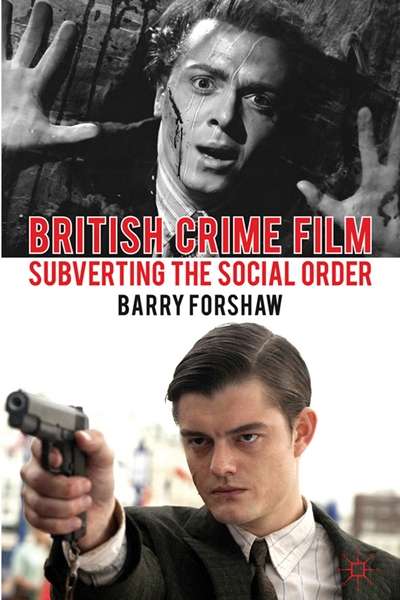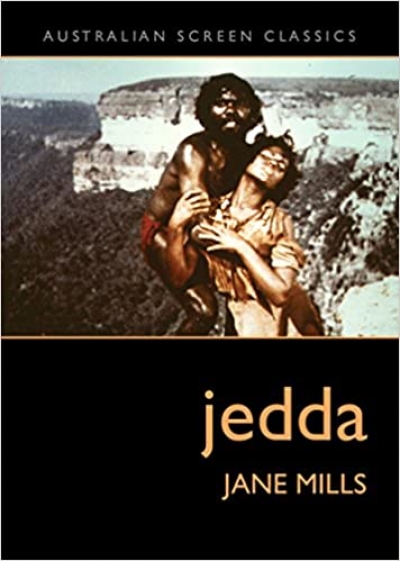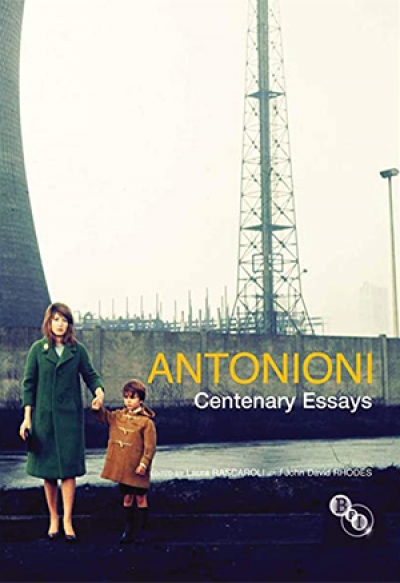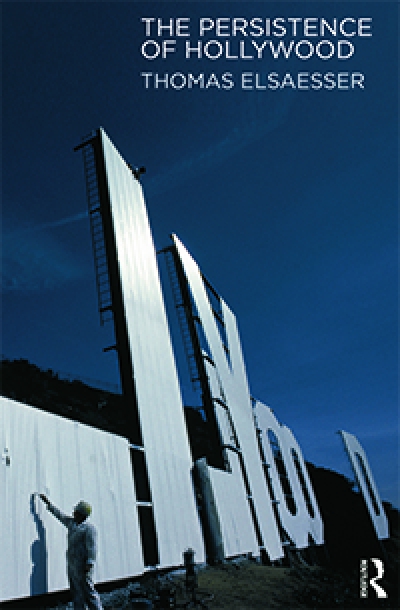Film Studies
The Big Screen: The Story of the Movies and What They Did to Us by David Thomson
British Crime Film: Subverting the Social Order by Barry Forshaw
Those Brontës. If they’d only had a decent agent with foresight, they could have escaped that dank parsonage on the gloomy moors of windswept Yorkshire and set up on the French Riviera in comfort. Since 1910 there have been at least forty film or television versions of Jane Eyre, most recently in 2011. Now it is Emily’s turn for the latest (seventeenth) go at Wuthering Heights (1847), that extraordinary work sui generis that so memorably sites wild Gothic strangeness in a solidly realised world of landscapes both benign and forbidding.
... (read more)Don DeLillo’s 2003 novel Cosmopolis could be described as a rarefied CBD road movie, and the same might be said of David Cronenberg’s new film adaptation, an unnervingly faithful, uncomfortable, and elusive version of the book. Cronenberg, a consistently absorbing and provocative director, is still probably best known for early, visceral works such as Videodrome (1983) and The Brood (1979). His biggest hit is a remake of The Fly (1986). He has made some fine literary adaptations: an elegant, disturbing engagement with J.G. Ballard’s Crash (1973); an intelligently claustrophobic take on Patrick McGrath’s Spider (1990). His version of William Burroughs’s Naked Lunch (1959) is odd, flawed, and inventive. He has not made a film from an original screenplay since eXistenZ in 1999.
... (read more)Antonioni: Centenary Essays edited by Laura Rascaroli and John David Rhodes
Choosing to set a screen adaptation of Tess of the d’Urbervilles (1891) in contemporary India might seem like an almost perverse shift, or an over-determining decision. But for British film-maker Michael Winterbottom, there is consistency and history of a sort. It is his third Thomas Hardy adaptation, and his fourth feature shot on the subcontinent. In re ...







